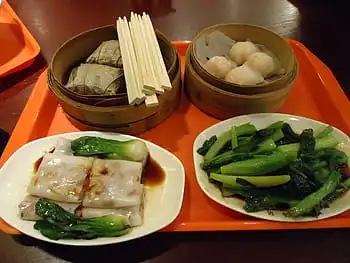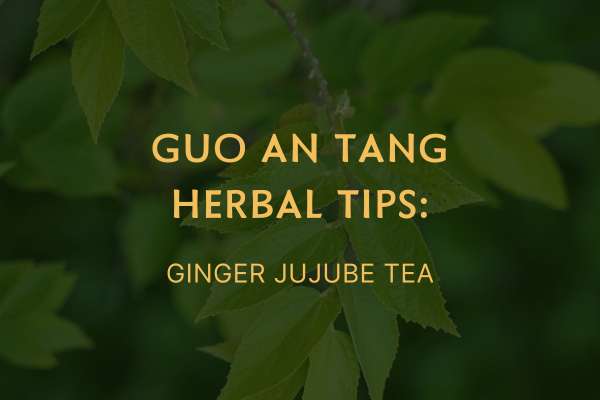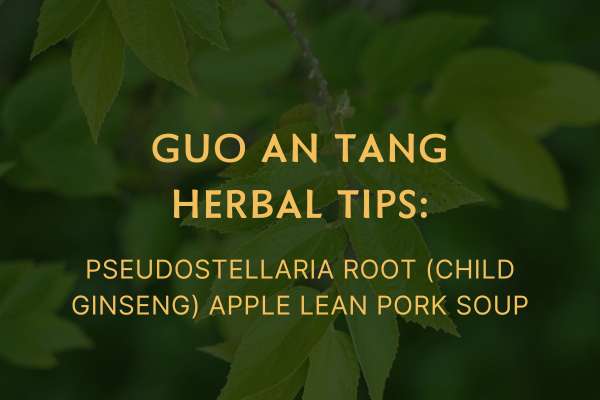
Heart Care in Singapore: TCM & Modern Tips for a Healthy Heart

Is nurturing the heart the same as nurturing life? In Traditional Chinese Medicine (TCM), the heart is the “ruler organ” — it governs blood circulation and houses the spirit (shen). It not only sustains life physically but also shapes our mental and emotional health.
In Singapore, cardiovascular disease is a leading health concern. According to the Singapore Heart Foundation, about 1 in 3 deaths in Singapore is due to heart disease or stroke. This makes heart care a top priority for everyone, regardless of age.
Here, we explore how to integrate TCM principles with modern lifestyle practices to protect your heart.

1. Smile More, Stress Less — Emotional Harmony for Heart Care
Both 中医 and modern medicine highlight the impact of emotions on heart health. Stress, anger, sadness, and anxiety disturb circulation and weaken the heart over time.
Practical heart care tips for emotional balance:
Cultivate a positive mindset: find humour, practice gratitude
Use mindfulness or journaling to manage stress
Reframe challenges like “塞翁失马” (a blessing in disguise)
A calm mind equals a healthier heart.

2. Watch Your Diet — Food Is Medicine in Heart Care
TCM says: “Illness often enters through the mouth.” Overeating, sugar-laden drinks, and fatty foods contribute to obesity, diabetes, and high cholesterol — the top triggers of cardiovascular disease in Singapore.
Heart care dietary tips:
Practice moderation: stop eating at 70 % full
Choose wholegrains, vegetables, lean protein, and healthy fats
Avoid excess sugar, deep-fried foods, and processed snacks
💡 TCM Spotlight: Black fungus mushrooms (木耳) are known as a “vascular broom.” Studies suggest they help lower cholesterol, soften arteries, and reduce clot risks. A simple way to add TCM into your everyday diet.

3. Keep Qi and Blood Flowing — Exercise for Heart Care
Movement keeps life flowing. Exercise improves circulation, strengthens the heart, controls weight, and uplifts mood.
Recommended activity levels for Singaporeans:
150 minutes of moderate exercise weekly (e.g. brisk walking, cycling, swimming)
2–3 sessions of strength training weekly
Flexibility or calming practices (yoga, tai chi, qigong)
Remember: progress gradually, listen to your body, and avoid overexertion.

4. Prioritise Sleep — The Heart’s Natural Recharge
TCM emphasises aligning with nature: “Work with the sun, rest with the moon.” Proper sleep allows the heart to rest, blood pressure to drop, and vessels to repair.
Heart care sleep tips:
Keep a consistent sleep schedule (7–9 hours per night)
Reduce screen time before bed
Keep your room dark, cool, and quiet
Avoid heavy meals or caffeine late at night
Ignoring sleep or burning midnight oil places extreme strain on the heart, raising risks of sudden cardiac events.
5. Seek Professional Guidance — Don’t Ignore Heart Signals
Chest pain, palpitations, breathlessness, dizziness, or swelling are warning signs of heart distress. Whether through Western medicine or TCM, specialist care is essential.
Key points:
Recognise symptoms early
Seek medical or TCM help promptly
Combine professional treatment with lifestyle management
Conclusion: True Heart Care Means Daily Action
Heart care is not a single action — it’s a lifestyle. From smiling more and eating wisely, to moving daily and sleeping well, every choice shapes your cardiovascular health.
In Singapore, where heart disease remains a top cause of death, integrating TCM wisdom with modern prevention strategies gives us a complete approach to long-term health.
✨ Take small daily steps. Your heart will thank you for a lifetime.
Looking for an experienced TCM practitioner in Singapore?
Recent Post
-
 07 10 月 20254 Fruits That Can Worsen Dampness (湿气) in Autumn | Singapore TCM Health Guide
07 10 月 20254 Fruits That Can Worsen Dampness (湿气) in Autumn | Singapore TCM Health Guide -
 01 10 月 2025Heart Care in Singapore: TCM & Modern Tips for a Healthy Heart
01 10 月 2025Heart Care in Singapore: TCM & Modern Tips for a Healthy Heart -
 01 10 月 2025Guo An Tang TCM Herbal Tips: Stay Cool, Sip Warm
01 10 月 2025Guo An Tang TCM Herbal Tips: Stay Cool, Sip Warm -
 01 10 月 2025Powerful Way to Boost Yang Qi & Clear Summer Eczema
01 10 月 2025Powerful Way to Boost Yang Qi & Clear Summer Eczema -
 18 8 月 2025Guo An Tang TCM Herbal Tips: Strengthens the spleen and stomach
18 8 月 2025Guo An Tang TCM Herbal Tips: Strengthens the spleen and stomach -
 18 8 月 2025Sudden Stomach Pain? Don’t Panic — 3 TCM Methods to Soothe Your Stomach Quickly
18 8 月 2025Sudden Stomach Pain? Don’t Panic — 3 TCM Methods to Soothe Your Stomach Quickly -
 18 8 月 20254 Easy Ways to Boost Qi & Blood for Anti-Aging
18 8 月 20254 Easy Ways to Boost Qi & Blood for Anti-Aging -
 05 8 月 2025Guo An Tang TCM Herbal Tips: Qi Boosting & Spleen-Strengthening
05 8 月 2025Guo An Tang TCM Herbal Tips: Qi Boosting & Spleen-Strengthening -
 05 8 月 2025Guo An Tang TCM Herbal Tips : Relieve Summer Heat the Natural Way
05 8 月 2025Guo An Tang TCM Herbal Tips : Relieve Summer Heat the Natural Way -
 01 8 月 20253 Powerful Acupoints to Relieve Rhinitis During the 30 Days of Sanfu
01 8 月 20253 Powerful Acupoints to Relieve Rhinitis During the 30 Days of Sanfu
Don’t make these mistakes — or you could make your condition worse!
Never do moxibustion in an air-conditioned room. Your body opens up during treatment. Cold air can sneak in and cause worse issues.
Morning is the best time. The heat is gentler, and it helps uplift your body’s yang energy for the day.
Avoid going out immediately after. Let your body cool down naturally and wear proper clothing.
If done at night, ensure it doesn’t interfere with your sleep, and always switch off the air-con before you start.